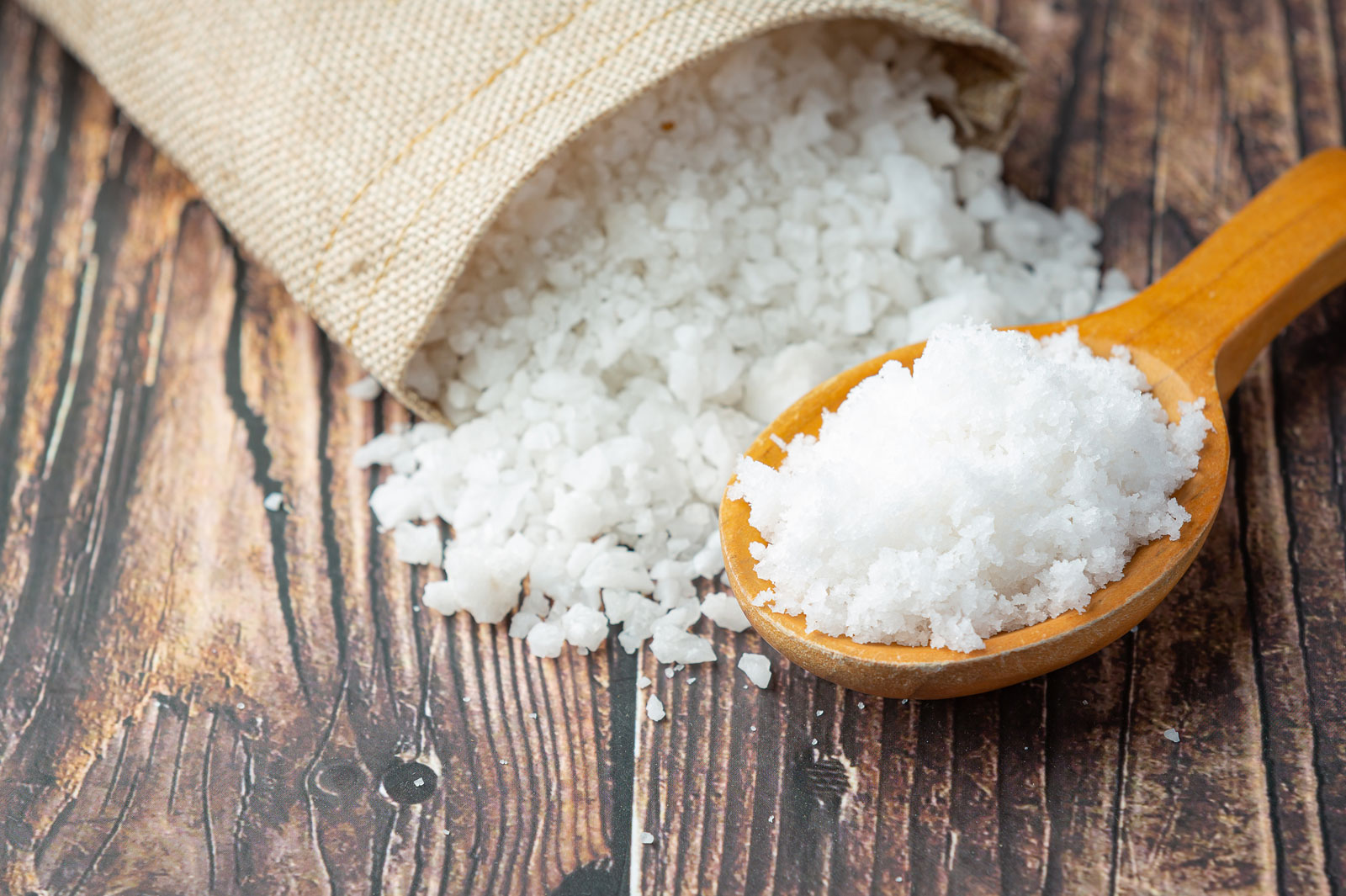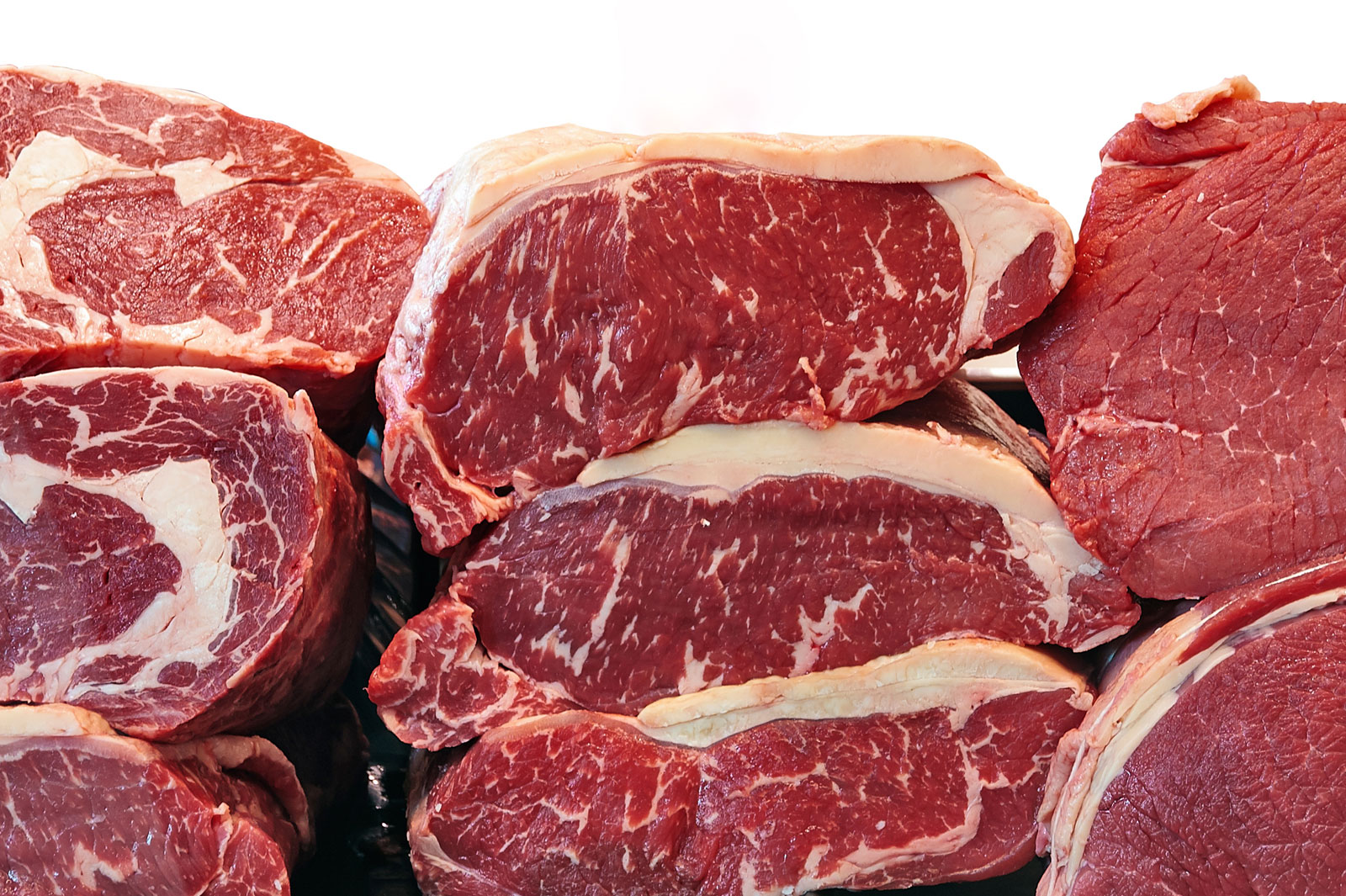A very good indication

PDO and PGI – what’s the difference?
Protected Designation of Origin (PDO) is
a name which identifies a product:
(a) originating in a specific place, region or, in exceptional cases, a country;
(b) whose quality or characteristics are essentially or exclusively due to a particular geographical environment with its inherent natural and human factors; and
(c) the production steps of which all take place in the defined geographical area.
Protected Geographical Indication (PGI) is a name which identifies a product:
a) originating in a specific place, region or country;
(b) whose given quality, reputation or other characteristic is essentially attributable to its defined area of origin; and
(c) at least one of the production steps of which take place in the defined geographical area.
Differentiating products or brands can be a challenge but there are ways that certain products can be set apart from the competition. Geographical indications (GI) include protected geographical indications (PGI) and protected designations of origins (PDO). These are a type of intellectual property right, protecting food product names that are linked to a particular territory or to a production method. Well-known examples are French Champagne, Gouda cheese made with milk from Dutch dairy farms, and Prosciutto di Parma PDO, which is aged raw Italian ham.
According to the Department of Agriculture, Food and the Marine (DAFM), the EU’s GI scheme is beneficial to producers as it allows for the identification and protection of names of specific agricultural products which have particular value-adding characteristics linked to their place of origin. GI recognition enables consumers to trust and distinguish quality products while also helping producers to market their products.
Until recently, Ireland had eight registered PDO/PGI food product names: Clare Island Salmon (PGI); Imokilly Regato (PDO); Timoleague Brown Pudding (PGI); Connemara Hill Lamb (PGI); Waterford Blaa (PGI); Oriel Sea Salt (PDO); Oriel Sea Minerals (PDO), and Sneem Black Pudding (PGI). Three spirit drink names, Irish Whiskey, Irish Cream, and Irish Poitín, have GI status.
Irish Grass Fed Beef
In November 2023, Irish Grass Fed Beef was announced as an all-island PGI, and it refers to cattle that derive at least 90 per cent of their feed intake, as determined by the Grass Fed Beef Standard, from grass. This is primarily grazed grass, with winter feeding of conserved grass (silage and hay); and spend a minimum of 220 days per year throughout their lifetime grazing pasture. In addition, only carcases from certain higher-grade beef animals are eligible to be classified as Irish Grass Fed Beef as follows:
Steers and heifers aged up to 36 months with conformation better than O- and fat score between 2+ and 4+; and
Beef cows of up to 120 months with conformation better than O+ and with fat score between 2+ and 5.
Jim O’Toole, Bord Bia’s chief executive said that Irish Grass Fed Beef has now joined an illustrious club of European food and drink products afforded protected geographical status. “This is positive news for the Irish beef sector. From spring 2024, we plan to embark on a marketing campaign to promote the PGI for Irish grass-fed beef to key customers in European markets,” he said.
He added: “The initial focus will be around building awareness among trade customers, followed by targeted consumer marketing when product is available in market. PGI status is widely recognised in continental markets, and Bord Bia will leverage this opportunity for the benefit of Irish beef farmers and the wider beef sector.”

Achill Island Sea Salt
Achill Island Sea Salt also achieved PDO status in 2023. The company was founded by the O’Malley family in 2013, inspired by the tradition of salt production on Achill Island. The unique characteristics of Achill Island Sea Salt come from the mineral content of the grade A wild Atlantic waters, creating salt flakes with a distinctive taste and texture. Achieving PDO status will mean that producers of Achill Island Sea Salt may use the PDO logo on their products. This, according to the Irish Minister for Agriculture, Food and the Marine, Charlie McConologue, provides both recognition of the exceptional quality and unique characteristics of this hand-harvested sea salt from the waters around Achill Island. Maebh O Malley, sales and marketing manager at Achill Island Sea Salt, explained the process to Irish Farmers Monthly in a little more detail.
Why did you choose to pursue the PDO?
“We decided to pursue it to give Achill Island Sea Salt the recognition for its unique link to the geographical region (Achill Island) and the way and which it is made. The PDO will signify to our consumers the provenance and heritage of our product. It will give consumers the confidence that they are buying the genuine Achill Island Sea Salt product. Achill Island Sea Salt, with its PDO status, stands as a symbol of provenance and rich culinary heritage of Achill Island.”
Do you feel a PDO is important when exporting your products?
“We ship all over the world via our online shop and I think the PDO will help Achill Island Sea Salt when exporting in the future. PDO is a well-recognised and understood status and signifies to customers the quality and provenance of a product.”
What has been the response to the PDO so far?
“The response has been extremely positive from our current customers, and from the Irish food industry as a whole. It’s a great boost for Achill Island too, to have a PDO food from the area.”

Certified Irish Angus Beef
Another Irish product has applied for PGI status. In November the DAFM announced it has launched the national opposition procedure for a PGI for Certified Irish Angus Beef. Certified Irish Angus Beef is the name given to meat derived from certified Angus/Angus-cross cattle. A national opposition procedure is a stage in the application process for a PGI which must be undertaken before the application can be formally submitted to the European Commission. The application for a national opposition procedure follows scrutiny by the DAFM and the Department for Environment, Food and Rural Affairs, UK, in accordance with the EU requirements. The opposition procedure provides the opportunity for any natural or legal person, having a legitimate interest and established or resident in Ireland, to lodge an opposition to the applications.
Commenting, on this positive all-island application, Minister McConalogue said: “It follows the all-island application for the Irish Grass-Fed Beef PGI. This joint application demonstrates the strong ongoing cooperation between my department and its counterparts in Northern Ireland on agricultural matters.”





